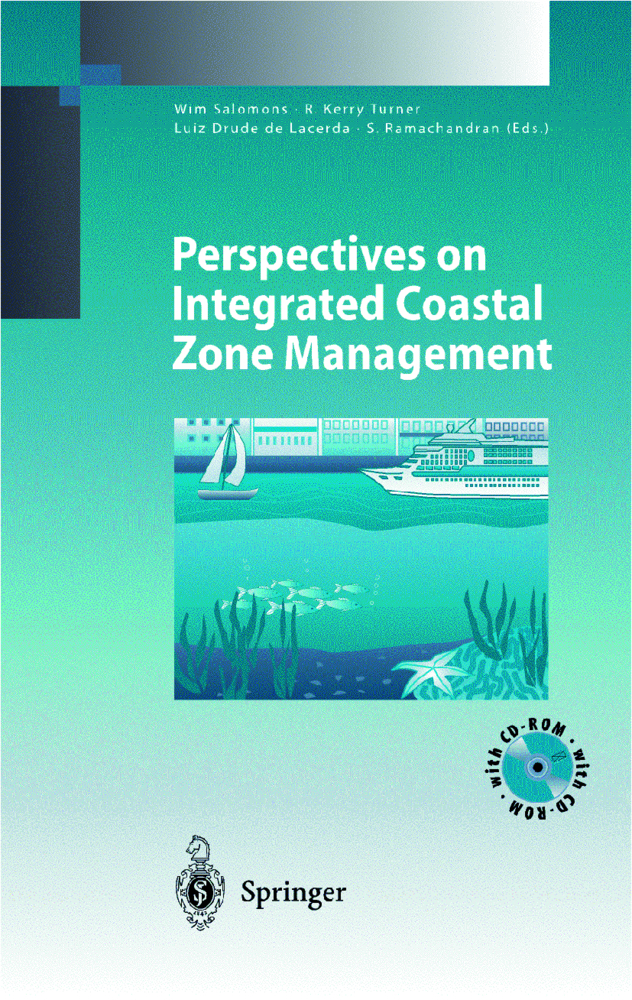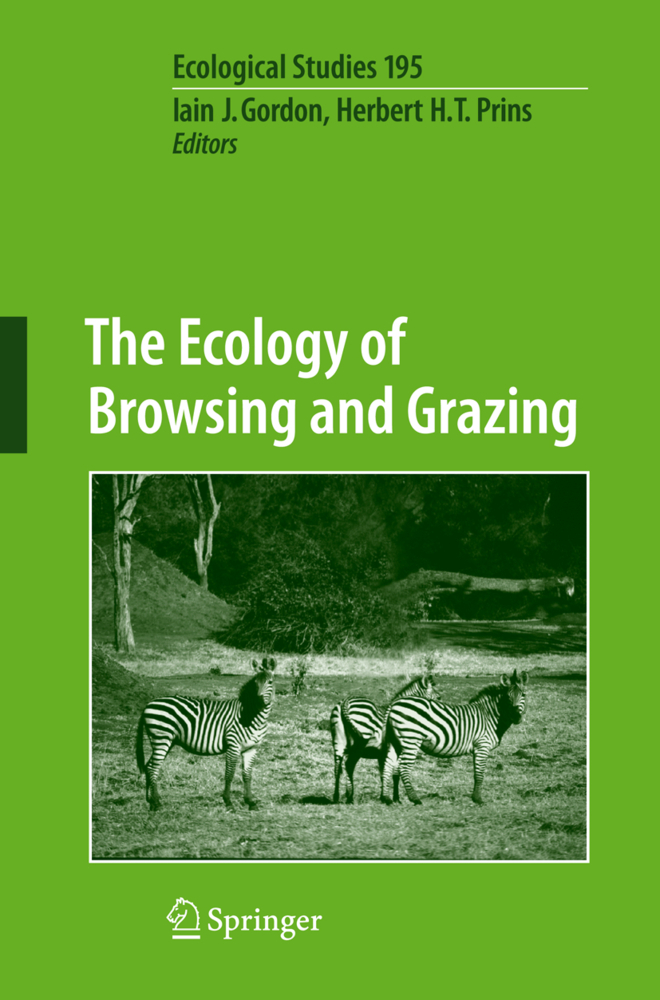Perspectives on Integrated Coastal Zone Management
Perspectives on Integrated Coastal Zone Management
All coastal areas are facing a growing range of stresses and shocks, the scale of which now poses threats to the resilience of both human and environmental coastal systems. Responsible agencies are seeking better ways of managing the causes and consequences of the environmental change process in coastal zones. This volume discusses the basic principles underpinning a more integrated approach to coastal management and highlights the obstacles that may be met in practice in both developed and developing countries. Successful strategies will have to encompass all the elements of management, from planning and design through financing and implementation, as highlighted in this book.
References
I Methodological Principles
1 Principles and Benefits of Integrated Coastal Zone Management (ICZM)
2 The Challenge of Demonstrating the Socio-economic Benefits of Integrated Coastal Management
3 Strategic Planning for Sustainable Development in Coastal Zone Regions: Using Natural Resource Accounts
4 Methods and Tools to Support CZM
5 Chances for Nature - A Matter of Substitution
6 The Role of Ecology in Coastal Zone Mangement: Perspectives from South-East Australia
7 The Implications of Oceanographic Chaos for Coastal Management
II Regional Practice and Experiences
8 Quality Status, Appropriate Monitoring and Legislation of the North Sea in Relation to its Assimilative Capacity
9 Conservation and Management of Latin American Mangroves
10 Developing and Strategy for an ICZM in Cuba: Bases and Principles
11 Coastal Zone Management in India - Problems, Practice and Requirements
12 Integrated Coastal Zone Management (ICZM) in Indonesia
13 Coastal Zone Management: Issues and Initiatives in Small South Asian Nations
III Case Studies
14 Tourist Development in the Costa Brava (Girona, Spain): A Quantification of Pressures on the Coastal Environment
15 Australian Integrated Coastal Management: A Case Study of the Great Barrier Reef
16 Integrated Coastal Zone Management in Venezuela: The Maracaibo System
17 Sustainable Developmental Planning in Ecologically Sensitive Dahanu Region on the West Coast of India
18 Management of Tokyo Bay
19 Integrated Coastal Zone Management in Sweden: Assessing Conflicts to Attain Sustainability.
and Overview
Coastal Management Principles and PracticeReferences
I Methodological Principles
1 Principles and Benefits of Integrated Coastal Zone Management (ICZM)
2 The Challenge of Demonstrating the Socio-economic Benefits of Integrated Coastal Management
3 Strategic Planning for Sustainable Development in Coastal Zone Regions: Using Natural Resource Accounts
4 Methods and Tools to Support CZM
5 Chances for Nature - A Matter of Substitution
6 The Role of Ecology in Coastal Zone Mangement: Perspectives from South-East Australia
7 The Implications of Oceanographic Chaos for Coastal Management
II Regional Practice and Experiences
8 Quality Status, Appropriate Monitoring and Legislation of the North Sea in Relation to its Assimilative Capacity
9 Conservation and Management of Latin American Mangroves
10 Developing and Strategy for an ICZM in Cuba: Bases and Principles
11 Coastal Zone Management in India - Problems, Practice and Requirements
12 Integrated Coastal Zone Management (ICZM) in Indonesia
13 Coastal Zone Management: Issues and Initiatives in Small South Asian Nations
III Case Studies
14 Tourist Development in the Costa Brava (Girona, Spain): A Quantification of Pressures on the Coastal Environment
15 Australian Integrated Coastal Management: A Case Study of the Great Barrier Reef
16 Integrated Coastal Zone Management in Venezuela: The Maracaibo System
17 Sustainable Developmental Planning in Ecologically Sensitive Dahanu Region on the West Coast of India
18 Management of Tokyo Bay
19 Integrated Coastal Zone Management in Sweden: Assessing Conflicts to Attain Sustainability.
Salomons, Wim
Turner, Kerry
Lacerda, Luiz D. de
Ramachandran, S.
| ISBN | 978-3-642-64259-3 |
|---|---|
| Artikelnummer | 9783642642593 |
| Medientyp | Buch |
| Copyrightjahr | 2011 |
| Verlag | Springer, Berlin |
| Umfang | XVIII, 386 Seiten |
| Abbildungen | XVIII, 386 p. |
| Sprache | Englisch |









